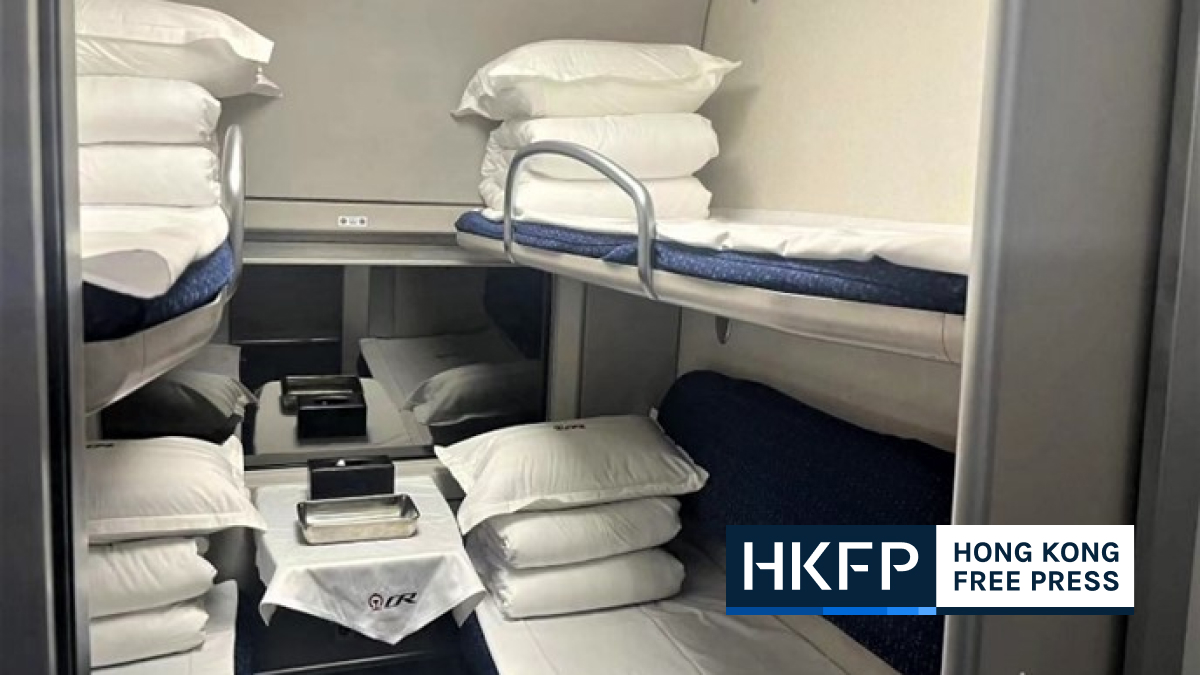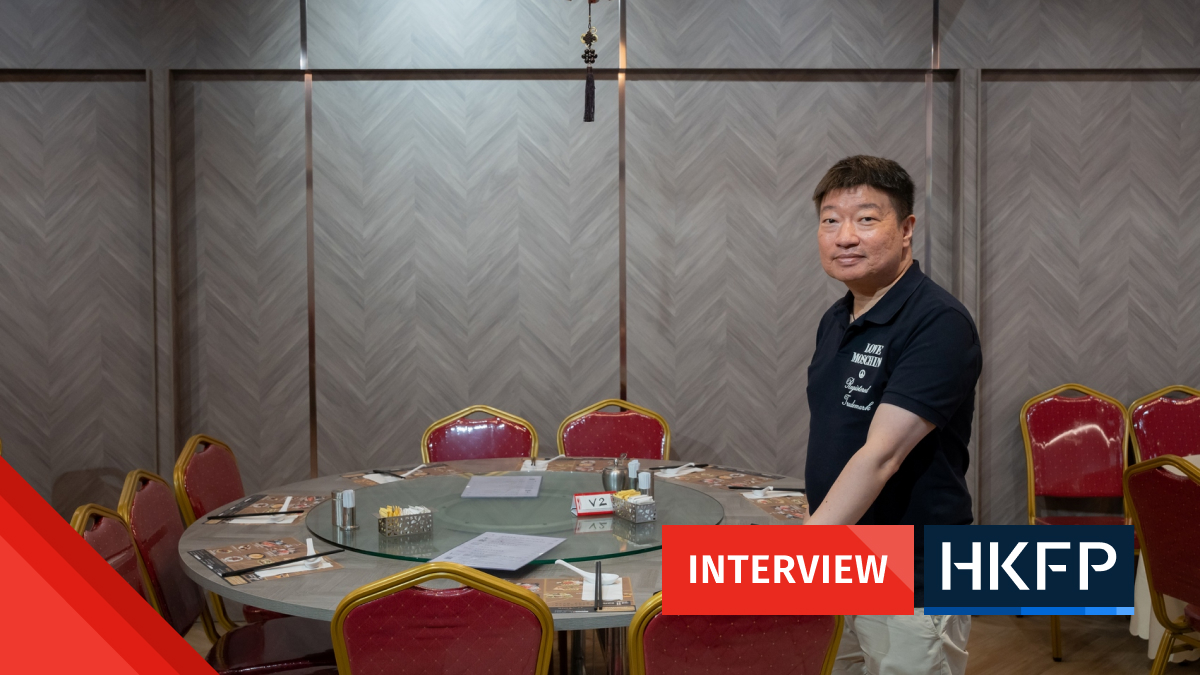The Consumer Council in Hong Kong has launched an online search tool for the public to find certified Covid-19 rapid antigen test kits, after receiving dozens of complaints over delayed delivery, product quality and suspected counterfeit items.
Between January 14 and Tuesday, the Consumer Council received a total of 48 complaints related to rapid antigen test kits, which had a combined value of HK$48,937, the statutory body revealed during an online press briefing on Wednesday.

Most of the complaints – 37 out of 48 – stemmed from test kits purchased online, with the majority of the complaints about postponements in delivery, which accounted for 19 cases. Thirteen cases raised questions over the certification of the test kits and six complaints were about their sales method.
Other complaints were linked to price disputes, expiry dates, whether the model was wrong, suspected counterfeit goods and the amendment or termination of contracts.
According to the council, the test kits flagged to the watchdog fell under a broad price range of HK$18 to $120. Their origins included mainland China, Japan, Singapore, South Korea, the UK, Australia and Hong Kong.
In one case cited by the watchdog, a customer spent HK$6,500 on 80 test kits in late February, only to discover the items would expire less than four months after receiving them. Another case saw a customer buying eight test kits from an online shop last month, which the seller claimed had passed an assessment by the European Union (EU). But the customer could not find the product on the list issued by the body.
The watchdog said it had resolved six cases and was following up on the remaining ones.
Online database
To aid the general public in finding test kits approved by various authorities, the council rolled out an online database that shows a list of self-testing products recognised by Hong Kong’s Department of Health under the Medical Device Administrative Control System and China’s National Medical Products Administration.

The search engine also includes testing products certified by the EU, the US Food and Drug Administration and the ones distributed by the Hong Kong government.
The public should verify the certification stated on the test kits, the council said, as well as be aware of their expiry dates, which were not always provided by online shops. Citizens should not “hoard” the test kits and should opt for refundable payment methods, such as credit cards, if possible, the watchdog said.
“The Covid-19 virus may see mutations again, and its antigens may change, which may affect the functions of the rapid antigen tests. Therefore, [citizens] should buy an appropriate amount of test kits based on [their] actual needs,” the Consumer Council said.
The Consumer Council Chairman and barrister Paul Lam added: “[T]here is no necessary logical connection between price and effectiveness.”
As of Tuesday, Hong Kong has recorded a total of 527,260 Covid-19 infections, among which 2,018 were discovered through rapid antigen tests.
Support HKFP | Policies & Ethics | Error/typo? | Contact Us | Newsletter | Transparency & Annual Report | Apps
Help safeguard press freedom & keep HKFP free for all readers by supporting our team















